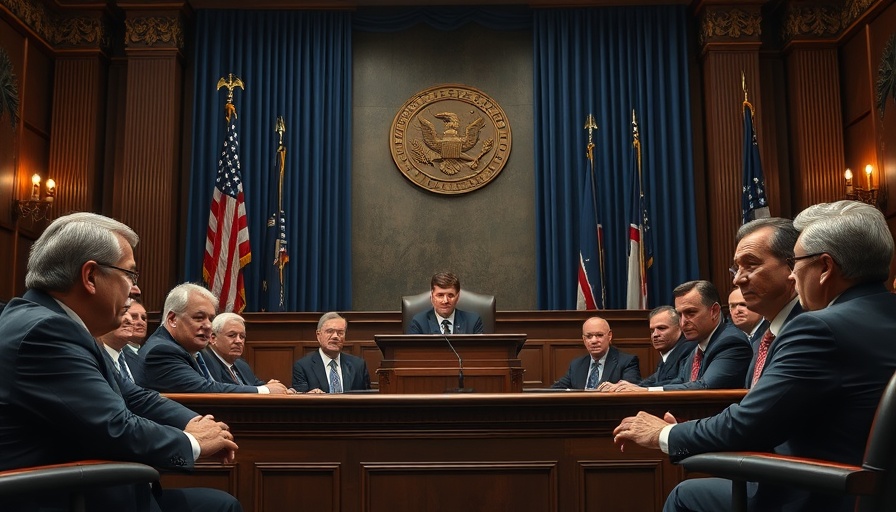
Understanding the Proposed Citizenship Requirement in Voting
The Michigan Board of State Canvassers recently approved a proposal advocating for proof of citizenship to register to vote. This initiative, spearheaded by the Committee to Protect Voters' Rights, marks an essential point in the broader dialogue about voting regulations in Michigan. Supporters argue that requiring proof can strengthen electoral integrity and prevent potential abuses.
The Role of Voter ID Laws
Proponents of the measure, including many Republican officials, emphasize that such laws are necessary for safeguarding against voter fraud. They cite recent incidents, such as the alleged voting irregularities involving noncitizens, to support their cause. The proponents contend that requiring proof of identity and citizenship will assuage fears that noncitizens might influence election outcomes, potentially diluting the voices of legal voters.
Concerns Around Access and Equity
While supporters advocate for stricter controls, critics warn that this requirement may disenfranchise eligible voters, particularly marginalized groups. Organizations advocating for voting rights highlight that stricter ID laws can disproportionately impact low-income individuals or communities of color, where access to required documents may not be as straightforward. They argue that the focus should be on making voting more accessible rather than imposing barriers to those seeking to exercise their democratic rights.
The Path Forward: A 180-Day Countdown
With the petition drive now officially underway, organizers have 180 days to gather nearly 450,000 valid signatures from registered voters across Michigan. This ambitious goal underscores both the urgency and divisiveness of the issue. As this campaign progresses, it is crucial for stakeholders from all sides to engage in constructive dialogue about the implications of such a constitutional amendment.
Why Community Engagement is Key
The upcoming months will be critical for Michigan voters as they navigate the complexities of this proposal. Engaging with local community groups, attending town halls, and staying informed through reliable news sources will be essential for understanding the implications of the proposed changes. As active participants in the electoral process, voters should leverage their voices to influence the future of voting in Michigan.
 Add Row
Add Row  Add
Add 




Write A Comment